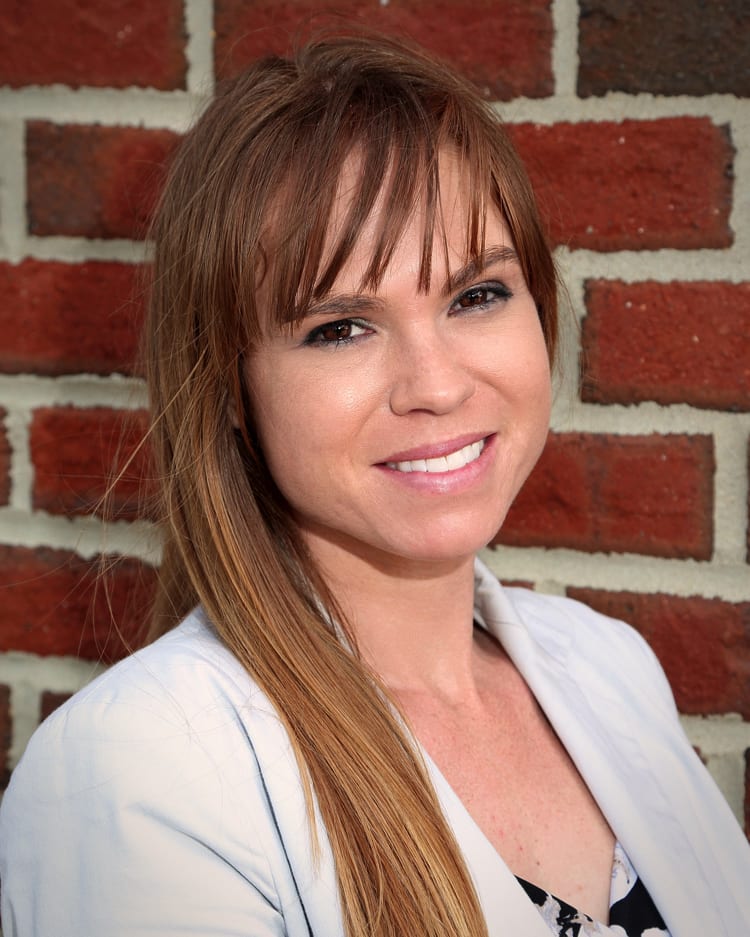
M
919.772.1990
Browse Blog
Listen In
919.772.1990
Browse Blog
Listen In
Quick Links
Services
Medication Management
One80 Locations

By Emily Fry, LCMHC, LCAS, NCC
Clinical Director of Substance Use Intensive Outpatient Program
As the weather warms and summer begins, many people look forward to vacations, outdoor gatherings, and festivals. While this season is often associated with fun and relaxation, it can also bring an increase in substance use. Understanding the connection between summer and substance use is essential for promoting healthier choices and staying safe during the sunny months.
Several factors contribute to higher rates of substance use in the summer. Social events such as barbecues, beach parties, and music festivals often involve alcohol—and sometimes other substances. With longer daylight hours and fewer responsibilities, particularly for students and young adults, there may be more opportunities and temptations to use.
The relaxed attitude that comes with summer can lead people to let down their guard, especially when it comes to moderation. Peer pressure, the desire to fit in, and the misconception that certain substances are “harmless” in party settings can also play a role.
Substance use during the summer can have serious consequences. Alcohol and drug use impair judgment and coordination, increasing the risk of accidents, drownings, and impaired driving. Heat and dehydration can intensify the effects of alcohol and drugs, raising health risks. Additionally, for those in recovery or trying to reduce their use, summer can be a challenging time. Triggers are more frequent, and support systems may be less accessible due to vacations or shifting schedules.
Awareness is the first step toward prevention. Individuals can plan ahead, set limits, and find sober-friendly activities to enjoy the season safely. Hosting events with non-alcoholic options, attending sober festivals, or simply enjoying nature and physical activity can make summer both fun and substance-free. For parents and community leaders, open conversations about the risks of substance use—especially with teens—are essential. Creating environments that support healthy choices can make a meaningful difference.
Summer can be a time of joy, connection, and renewal—not regret or harm. By staying mindful of the potential for increased substance use and choosing healthy ways to enjoy the season, we can all make the most of summer while keeping ourselves and others safe.

Emily Fry
Emily is a Licensed Clinical Mental Health Counselor, Licensed Clinical Addictions Specialist, National Certified Counselor, and EMDR Trained Therapist. She earned her Master’s degree in Clinical Mental Health Counseling from the University of North Carolina at Pembroke and her Bachelor’s degree in Business Administration from the University of North Carolina at Wilmington.
Trauma in Children and Adolescents By Julie DeFalco, LCSW and Clinical Director of Child & Adolescent ServicesOne may ask, how can multiple children be in the same situation, even the same...
Recovery is not a straight line, it’s a journey marked by growth, setbacks, learning, and resilience. One of the most powerful principles that supports this journey is the idea of progress, not perfection. It’s a reminder that healing doesn’t require flawlessness; it simply requires movement in the right direction.
Recovery is Not Linear By Emily Fry, LCMHC, LCAS, NCC Clinical Director of Substance Use and Addiction ServicesSince 1989, September has been deemed National Recovery Month by the Substance Abuse...